
Project 2 Heal
What Are Our Top Training Tools?
-
Flat leash. Whether you're training a puppy or working with an older dog for the first time in its life, a flat leash of four or five feet in length works best. This leash length gives your dog enough room to complete basic training exercises, but keeps them close enough to you that your dog doesn't lose focus.
-
Treat pouch. Find yourself treat pouch with plenty of room for kibble or any high-value treats you'll be using for your training session. It's also important for additional zipper compartments to be included in the design of the pouch, as this allows storage for poop bags. (Let's be honest, you never want to be without those!)
Tips for treat-motivated dogs:
If your dog is especially motivated by food, it's a good idea to break down the treats you offer as rewards into two categories: Low-value and high-value treats.
-
Low-value treats. This are standard treats used to regularly reward your dog for successful behavior. Kibble is a classic example of a low-value treat—essentially, a reward your dog is used to receiving.
-
High-value treats. These are treats that your dog doesn't receive often outside of training. High-value treats include foods like hot dogs, chicken, or even donuts that help give your dog an extra boost of interest and motivation during the training process.
Tips for toy-motivated dogs:
Just like people, dogs can have preferences! Rather than food, some dogs are better motivated by playtime with a particular toy. To ensure you're providing this best motivation for your dog during training, be sure to have these items on hand.
-
Playtime with a Tug toy. If your dog prefers tug-of-war during playtime, playtime with their favorite tug toy is a great way to reward them after successful behavior during training.
-
Playing Fetch with a Favorite Ball. If your dog is more a fan of playing fetch, tossing their favorite ball and giving them an opportunity to chase it is a great reward.
In general, dog training involves understanding the biggest motivating factors for your pup. Is your dog motivated best by high-value treats? Perhaps they're best motivated by playtime with a favorite chew toy. (Some dogs are even motivated most simply by affection from their trainer!) In any case, identifying your dog's favorite rewards will make the training process more efficient and effective.
Have Favorite Training Tools of Your Own?
Let us know in a comment below!

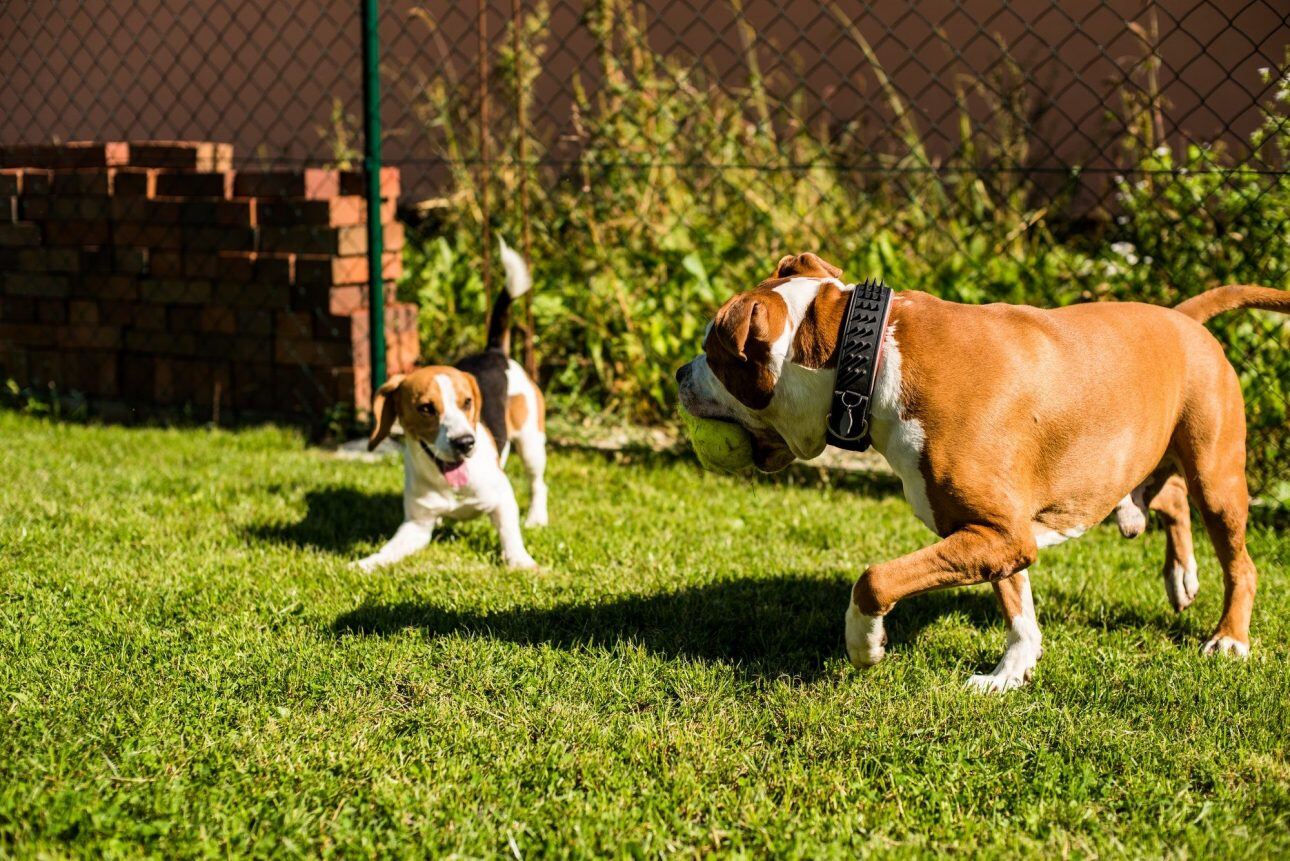
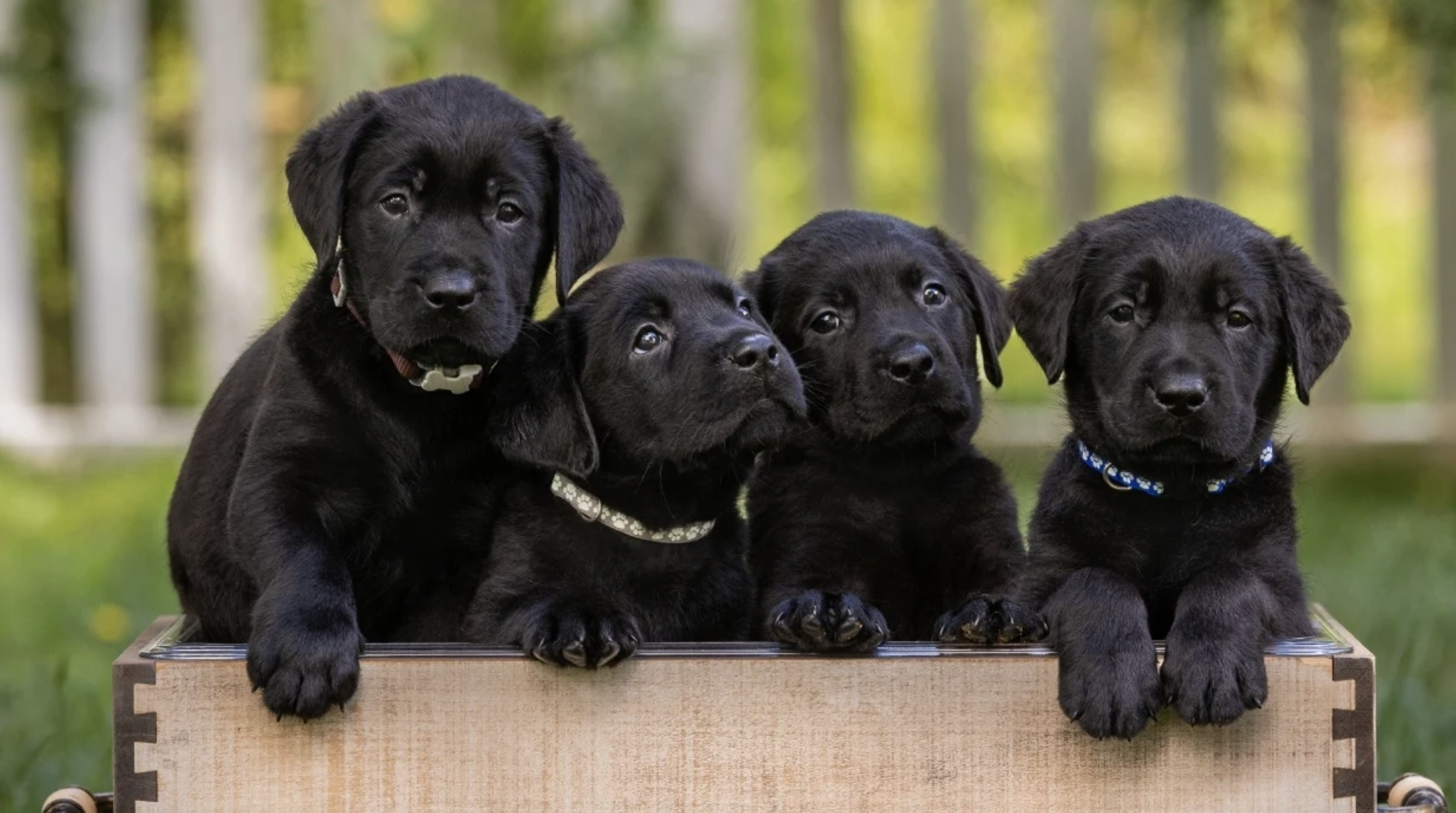

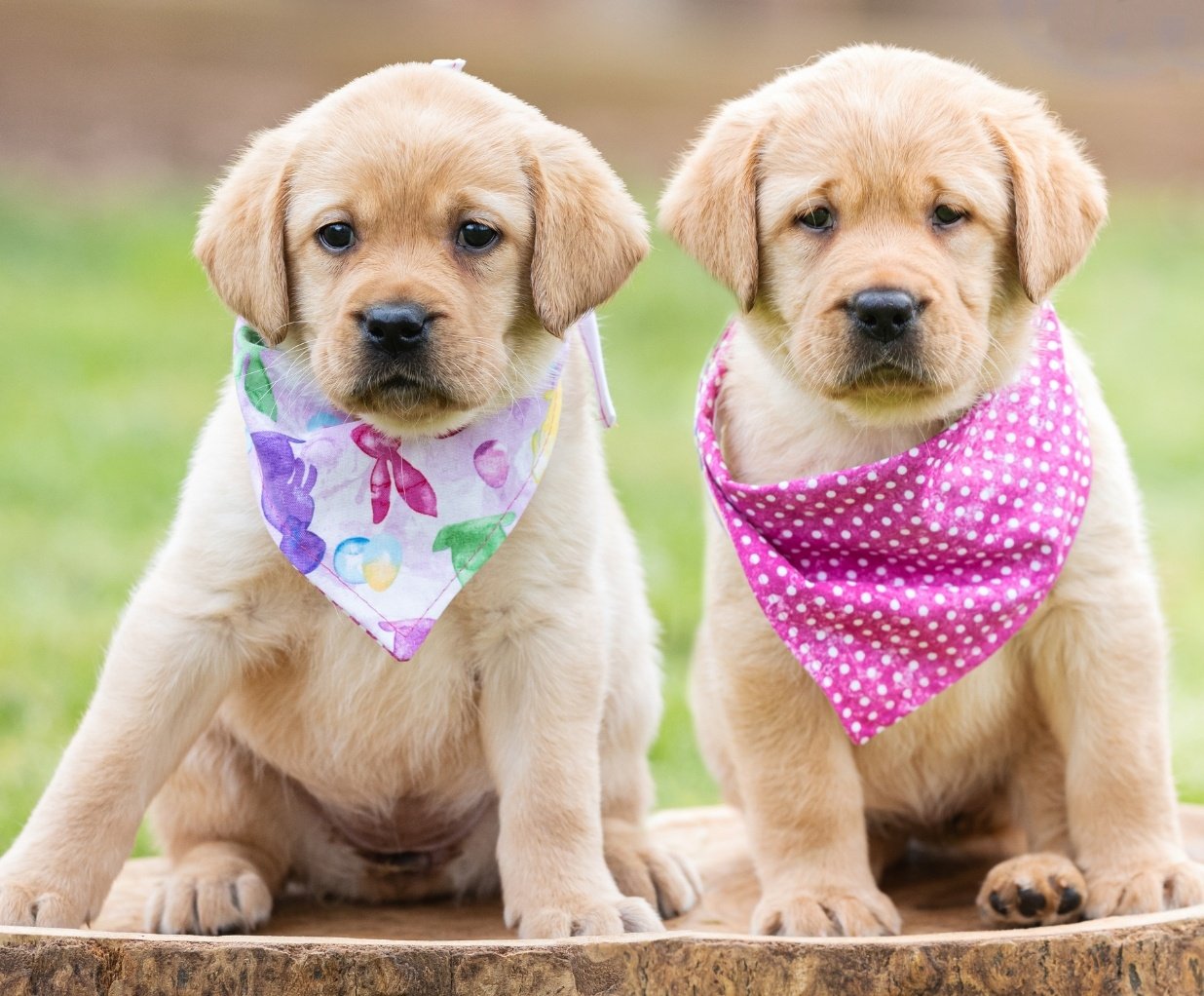
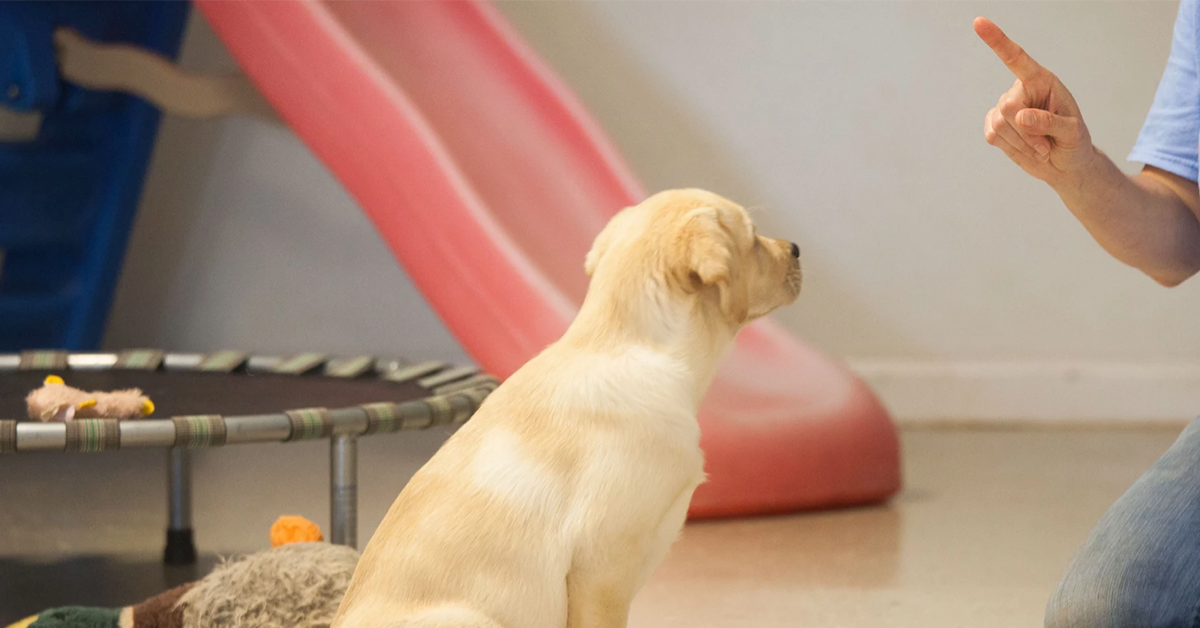
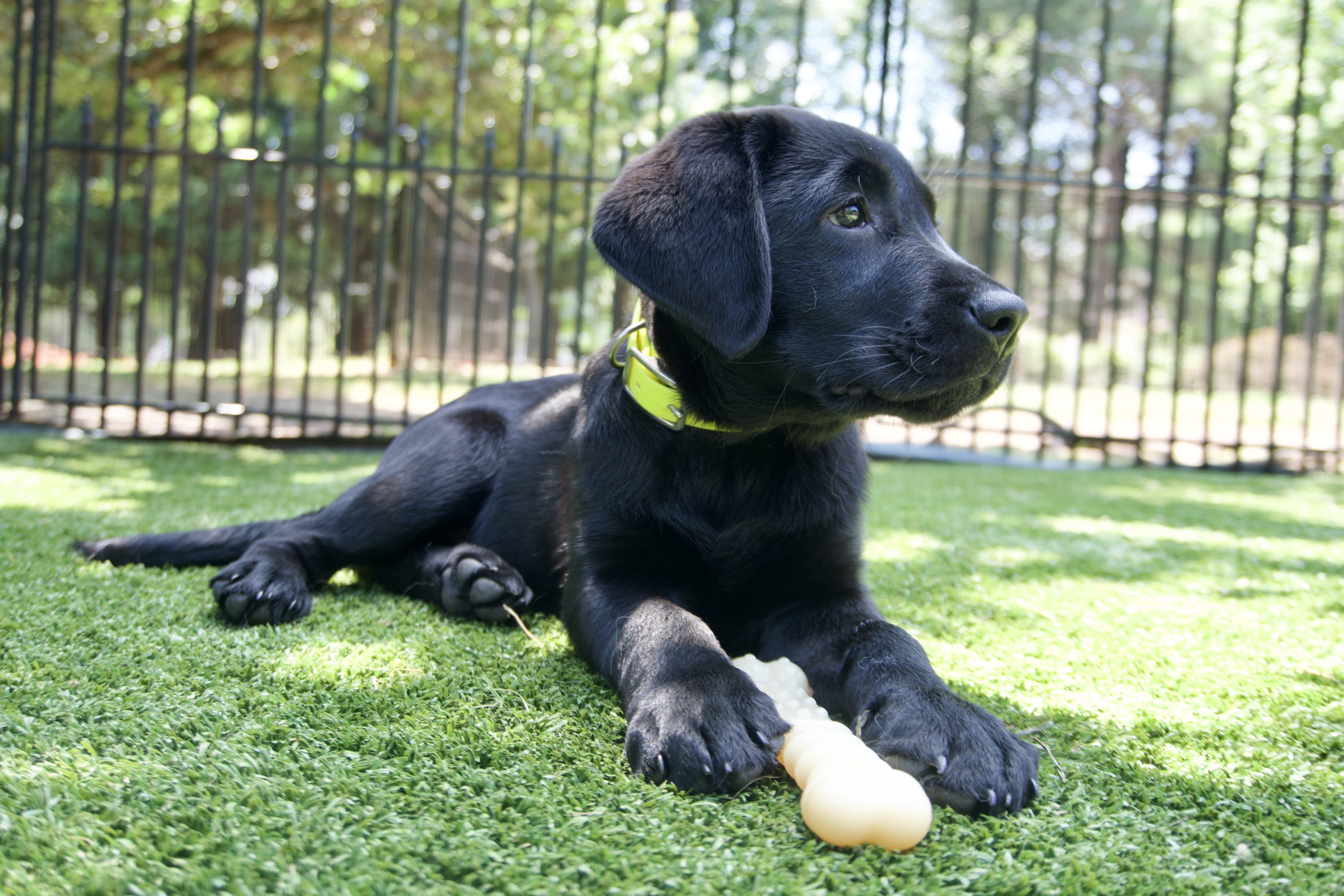
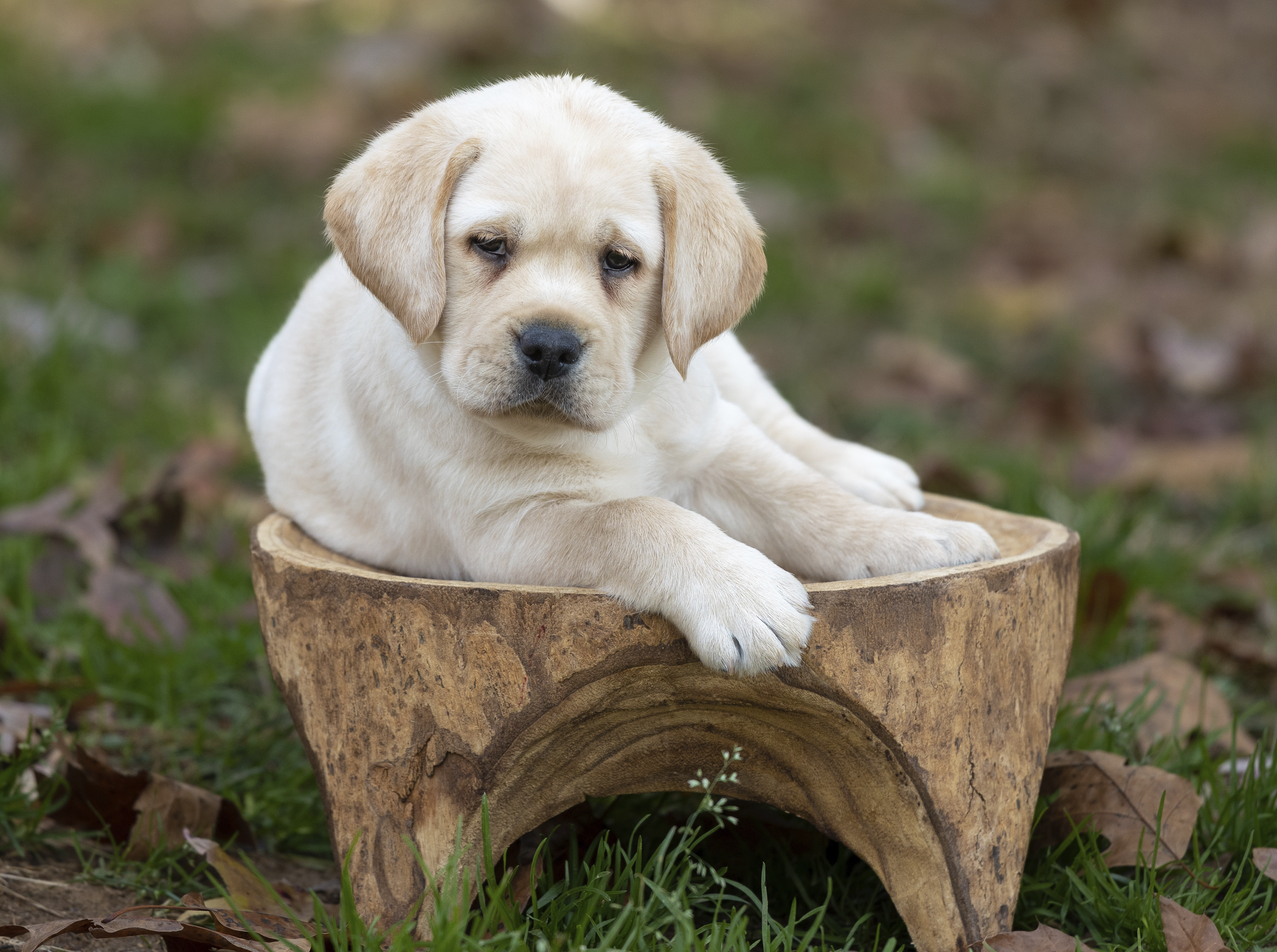
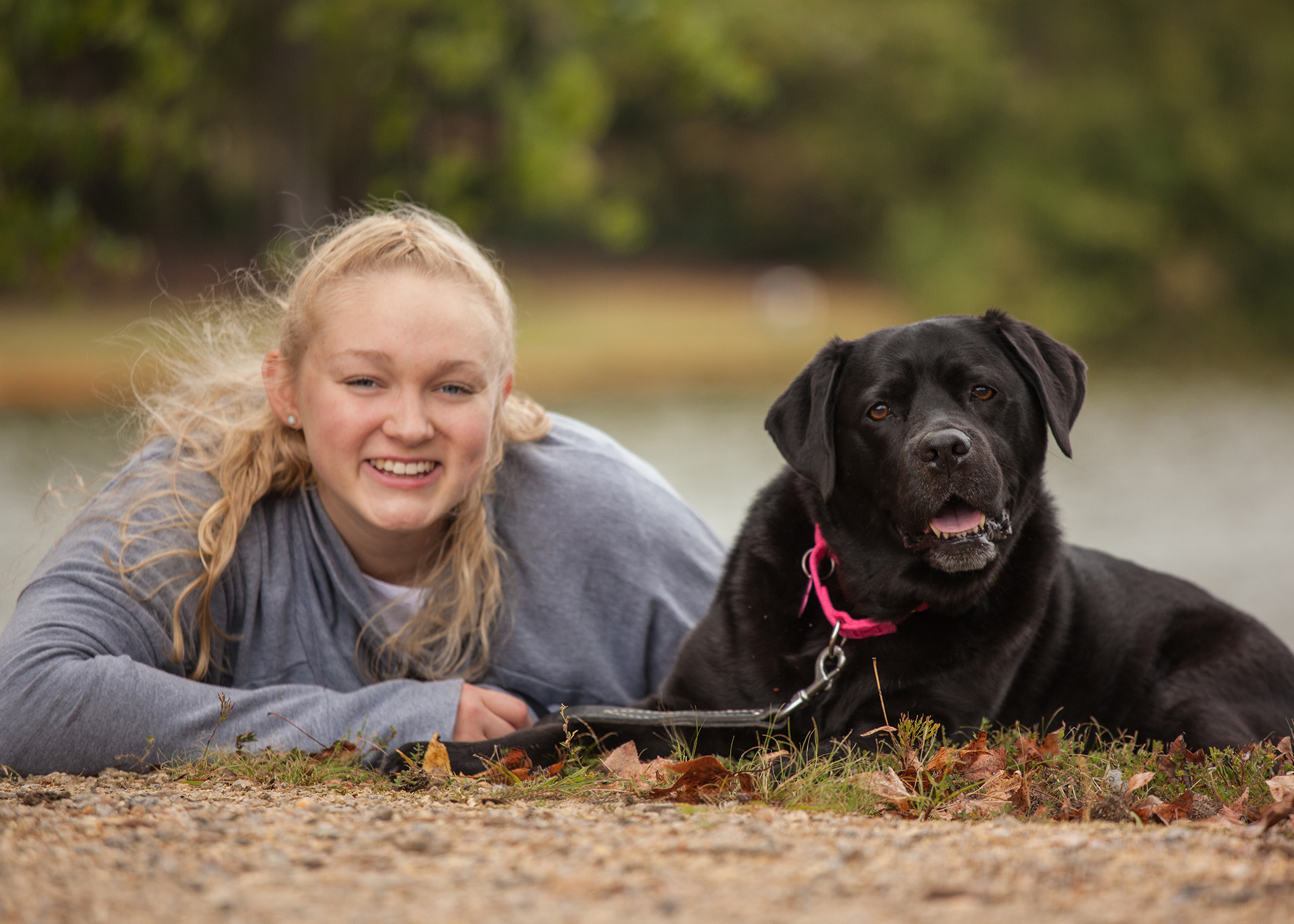
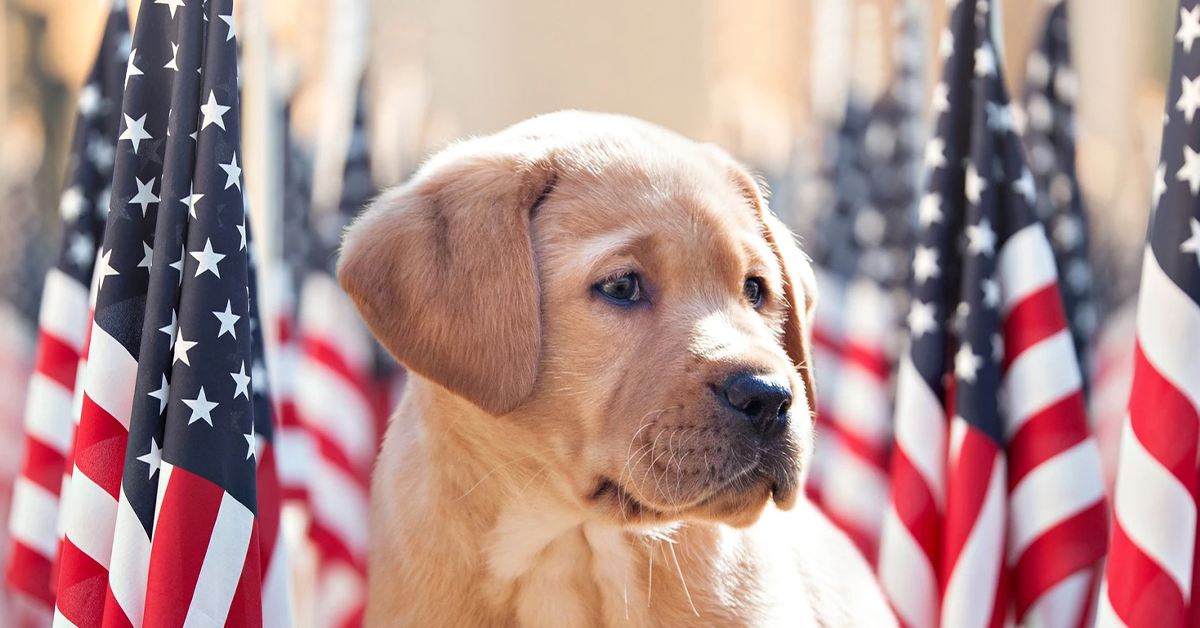
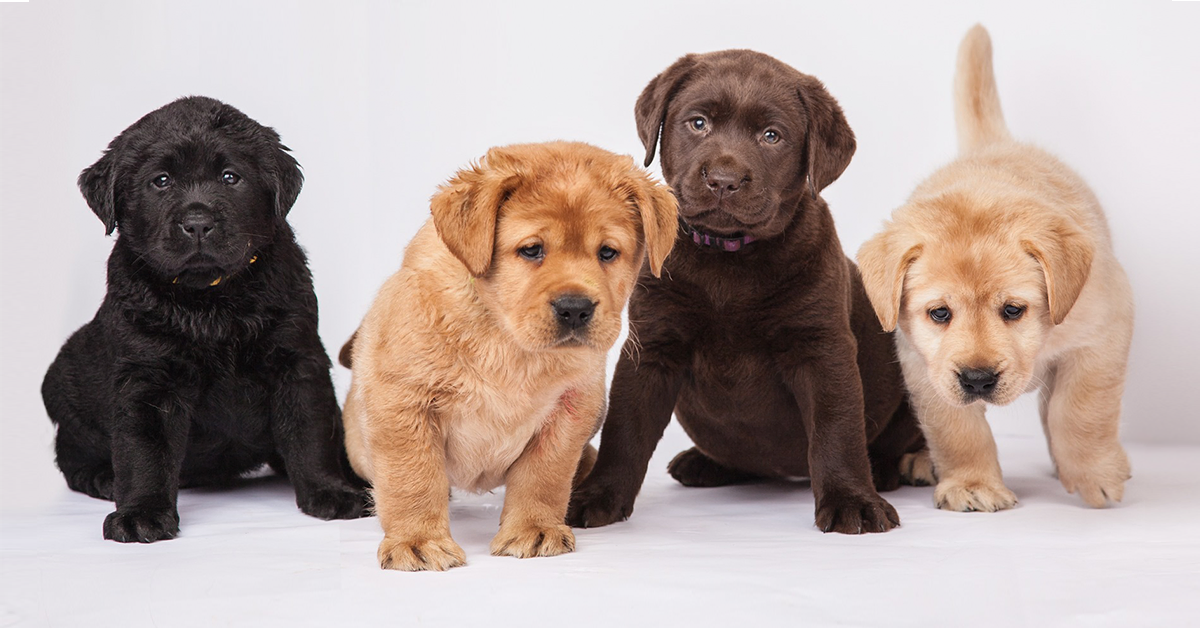
Post a comment